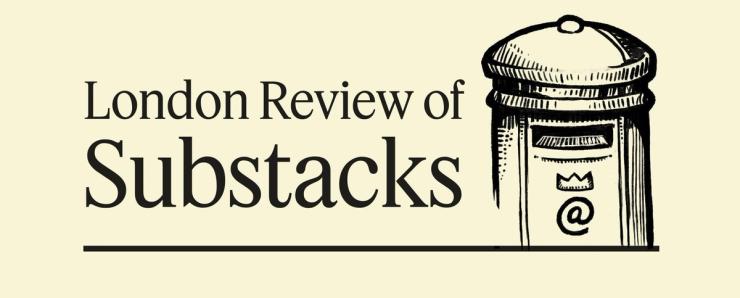Slow boring
There are barely two weeks until the US election. They are, laments the political scientist Ben Ansell, going to be boring. Two weeks “of doomscrolling. Of ‘unskewing’ polls you don’t like. Of cursing or cheering Nate Silver. [Two weeks] of essentially nothing changing.” It’s not easy for the media, which relies on a certain horse-race he’s-up-she’s-down narrative, but the fact of the matter is that nothing much has happened in the polls, and nothing much is likely to happen. That is, says Ansell on Political Calculus, the “horrible truth at the heart of the current period of the Presidential race.”
The poll average over the last month has not shifted. All the predictor sites have had Kamala Harris at around 53% to 57% likely to win, for weeks. That is barely better than a coin toss: This is “just a really really uncertain race.” The outcome could be interesting, sure. A systematic polling error in either direction could mean that either candidate could end up winning a landslide, and there have been systematic polling errors in several elections in the last decade or so. But we won’t know until after election day, and no amount of tea-leaf-gazing is going to change that.
Running hot and cold
The world is warming, and heat-related death is becoming more common. But the cold already kills a lot of people. Won’t that decline as the temperatures rise? Which are more common? Will the increase in heat deaths outweigh the drop in cold deaths? The Our World in Data environmental scientist Hannah Ritchie, on her Substack Sustainability by numbers, took at look at the figures to see. She notes that everywhere in the world, there is a “minimum mortality threshold” temperature — the point when death risks are lowest. It’s different in different places: It’s higher in Austin, Texas, than London, because Austin is adapted to the heat and has lots of air conditioning.
As it stands, cold deaths outnumber heat deaths everywhere in the world — not just in colder climates. So in much of the world, the forecast is that deaths will drop as the world warms. But as with so much about climate change, there’s a brutal divide: The poorest countries will systematically be the ones that see increases in deaths, while the richer, and historically more polluting, ones, “might actually ‘benefit’ from higher temperatures” when it comes to death rates. It’s a reminder, Ritchie says, that we need to “stop treating air conditioning as a luxury” — it is going to be a life-saving technology in much of the world.
History lesson
“One of the iron rules about news,” says the political writer Dan Gardner, “is that while something suddenly getting worse is urgent news we feel compelled to hear and pass on, something gradually improving doesn’t feel like news at all.” This is a problem for people who consume the news, because it means the news is systematically biased towards bad things and away from good things. The stock market, say: A chart showing its progress over months or years would show a sawtooth graph, zigging and zagging, but generally going up. “Each steep drop on that line prompted a wave of ‘stocks plunge!’ headlines on the front pages of newspapers and commentaries,” says Gardner. “But the rises that followed them? Few or no headlines.”
The problem is that news so rarely contains history. Not history in the sense of longread detail about how we got where we are, but simple context. Is a 4.2% unemployment rate good or bad? It’d be much easier to understand if we saw a few months or years of historical data alongside it. “Same for crime numbers. Terrorist attacks. Air crashes. And a thousand other stories with readily available data. Give it at least some historical context by showing us the numbers.” (We at Flagship like this idea, because we try to do it already.)

